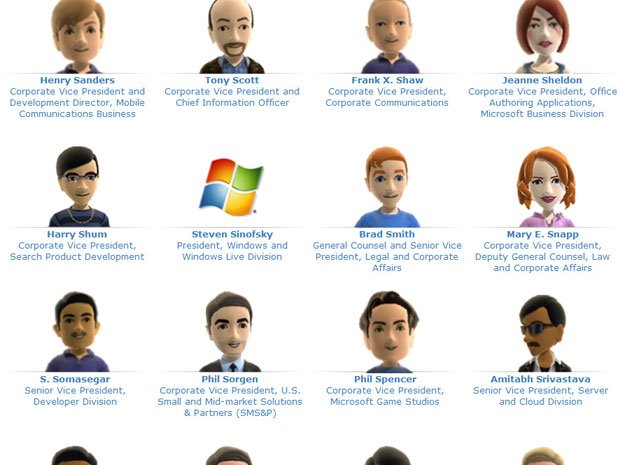Why is the robot looking at me?
This past Sunday the seemingly inevitable march towards humanity's future domination by our robot overlords took a pretty significant if old-fashioned step - with a feature story on the venerable news magazine show 60 Minutes titled 'March of the Machines'. In the piece, (video embedded below, email and RSS subscribers will need to click through to watch), CBS' correspondent Steve Kroft provided a well-balanced overview of many of the recent advances in robot technology, and how automation plays a critical and complex role in the nature and future of many types of work.
60 Minutes - 'March of the Machines'
The piece, and supported by interview comments from 'Race Against the Machine' authors Andrew McAfee and Eric Brynjolfsson from MIT argues that some, if not most, of the jobless nature of the economic 'recovery' of the last few years has been driven by increased automation and the reduction in human workers required in those industries where this kind of automation, (manufacturing, logistics, even in health care), has become more widespread.
The piece, if you follow these developments reasonably closely, doesn't break much new ground, although simply by virtue of being covered on a well-known and widely watched show such as 60 Minutes, will bring the issue of the potential threat robotic automation into greater awareness.
In addition to the 13 or so minute piece that aired on the show, (the video you see above), the show's website also posted a shorter piece, with some additional footage and some out takes, that has the segment host, Mr. Kroft interacting more with some of the robotic technology from the story, (embedded below, same click through message as before).
This little piece of B-roll cuts a little closer to some of what will be the inevitable issues and concerns that will arise from people working more closely with robots and robot technology. Fear, anxiety, trepidation, unease and more - all summed up in Kroft's telling question - Why is he (the robot) looking at me?'
Why is the robot looking at you indeed.
If you take a few minutes to check out the clips, please let me know what you think - are those of us that keep writing, talking, and thinking about the changes in the nature of work due to these kinds of advances in robot technology over reacting?
Or should we truly be teaching our kids how to better relate to their future robot colleagues?

 Steve
Steve




